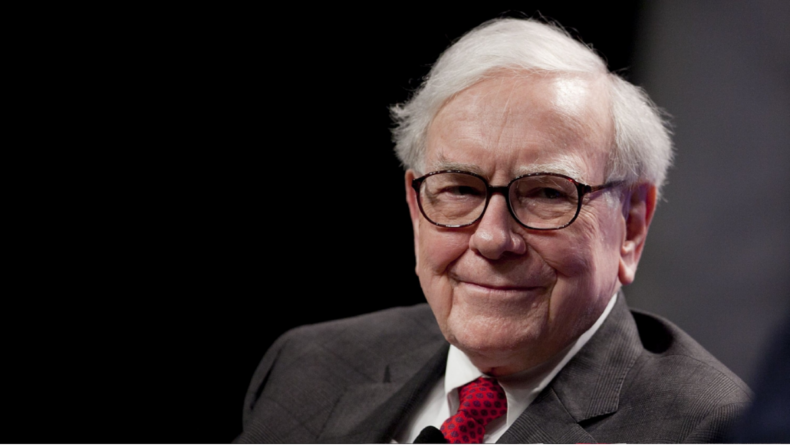Legendary Investor Warren Buffett has a great following whom they hold to by every word he says. The Market Investor says a ‘Simple Game’ that financial advisors have convinced the public is harder than it is.
Warren Buffet always believed in Simple Investing and suggest people to acquiescent funds or ETFs (Exchange Trade Funds).

He says that one should not look to make simple things complex. ETFs are low in cost and too easy to understand investment products for investors.
What is Warren Buffett’s Investment Style of Investing?
Business Tenets: Where he can easily analyze the stats Buffett restricts his investment to Business. If a company’s operational philosophy is ambiguous, it’s difficult to reliably project its performance.
Just because of these reasons Buffett didn’t suffer any losses and as well in the early 2000s most of the technology plays were new or unproven and avoided those stocks.
Management Tenets: Buffett’s Management Tenet helps him to evaluate to track the record of any company’s Higher-ups or down. To make sure it historically reinvested profits in the company, or if they redistributed the funds or shares back to their shareholders in form of company dividends.
Buffett also places high importance on transparency. After all, every company makes mistakes, but only those that disclose their errors are worthy of a shareholder’s trust.
Tenets in Financial Measures: In the financial measures silo, Buffett focuses on low-levered companies with high-profit margins. But above all, he prizes the importance of the Economic Value Added (EVA) calculation, which estimates a company’s profits, after the shareholders’ stake is removed from the equation.
In other words, EVA is the net profit, minus the expenditures involved with raising the initial capital.
Economic Value Added=NOPAT−(CI×WACC)
where:
NOPAT=net operating profit after taxes
CI=capital invested
WACC=weighted average cost of capital
Value Tenets: In this category, Buffett seeks to establish a company’s Intrinsic Value. He accomplishes this by projecting the future owner’s earnings, then discounting them back to present-day levels.
Furthermore, Buffett generally ignores short-term market moves, focusing instead on long-term returns. But on rare occasions, Buffett will act on short-term fluctuations, if a tantalizing deal presents itself.
Read More: Lunch with Warren Buffett goes for a whopping $19 mn … tip included?













